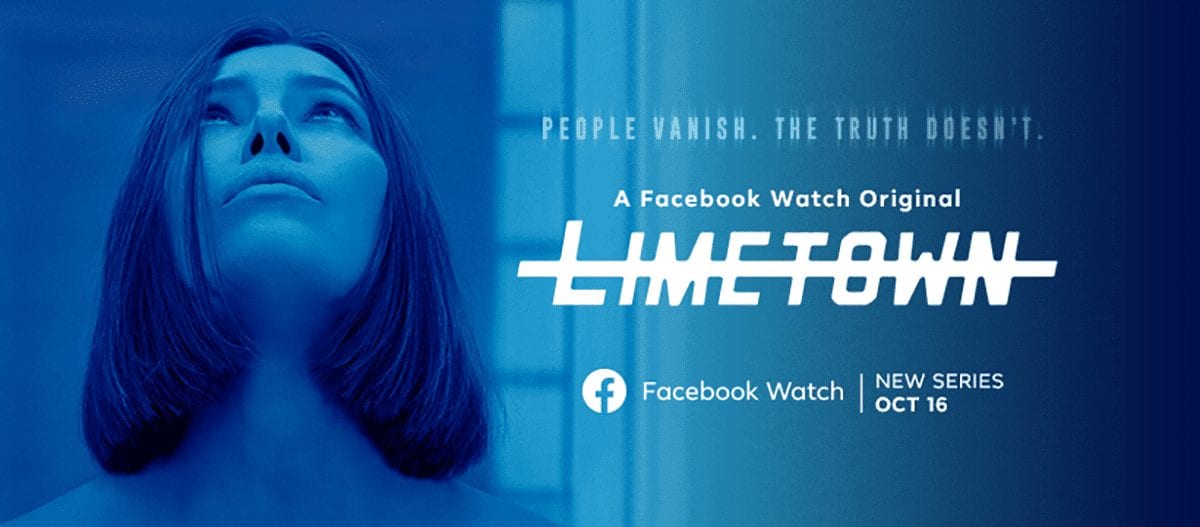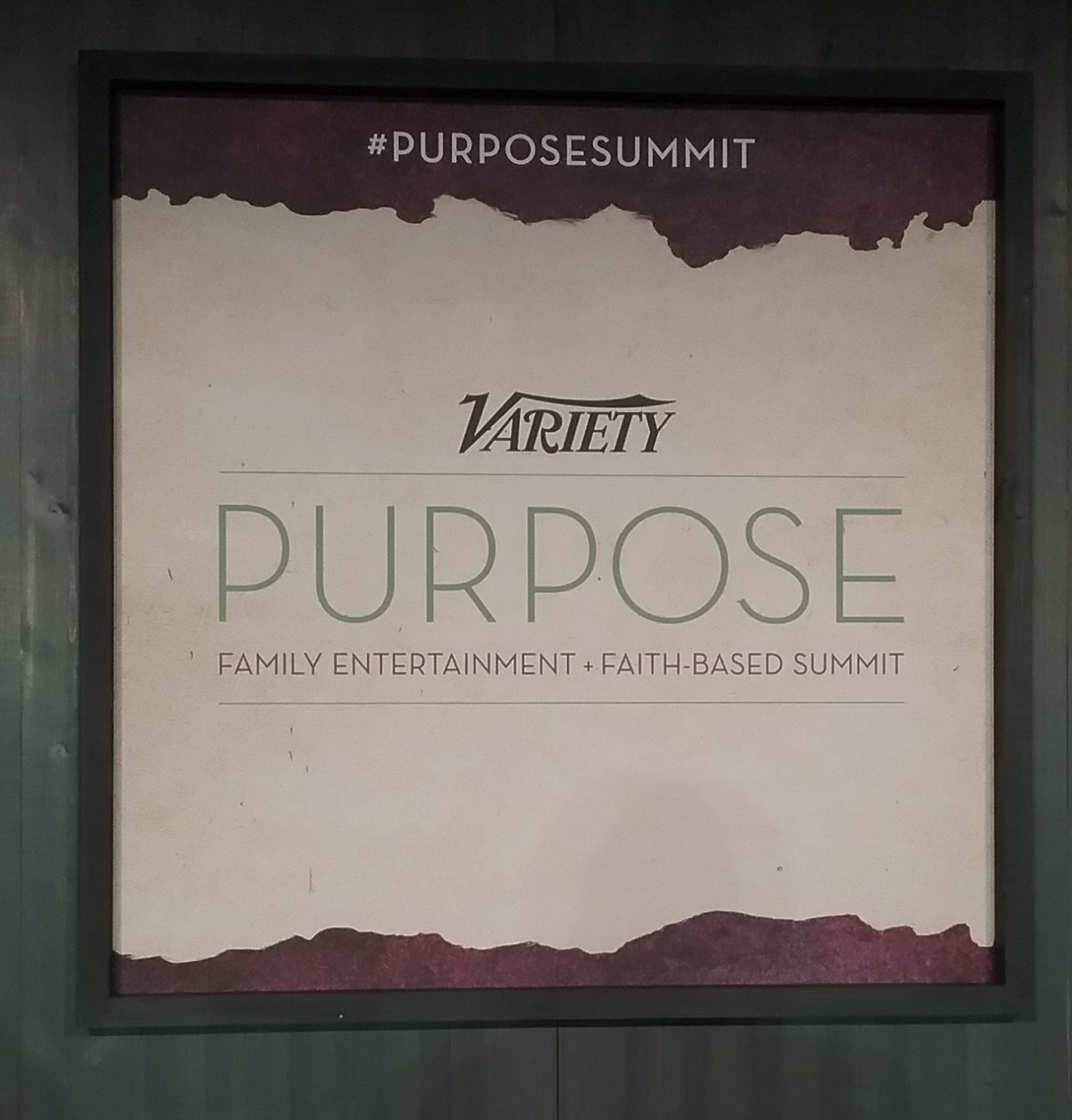
Limetown: The Boundaries of Building Babel
Airing now on Facebook Live, Limetown follows Lia Haddock (Jessica Biel), a journalist for American Public Radio (APR) who is exploring the mystery behind the disappearance of over 300 people at a neuroscience research facility. As she gets closer to the answers behind the failed experiment, Haddock?s journey becomes increasingly perilous as unseen forces attempt to keep…


